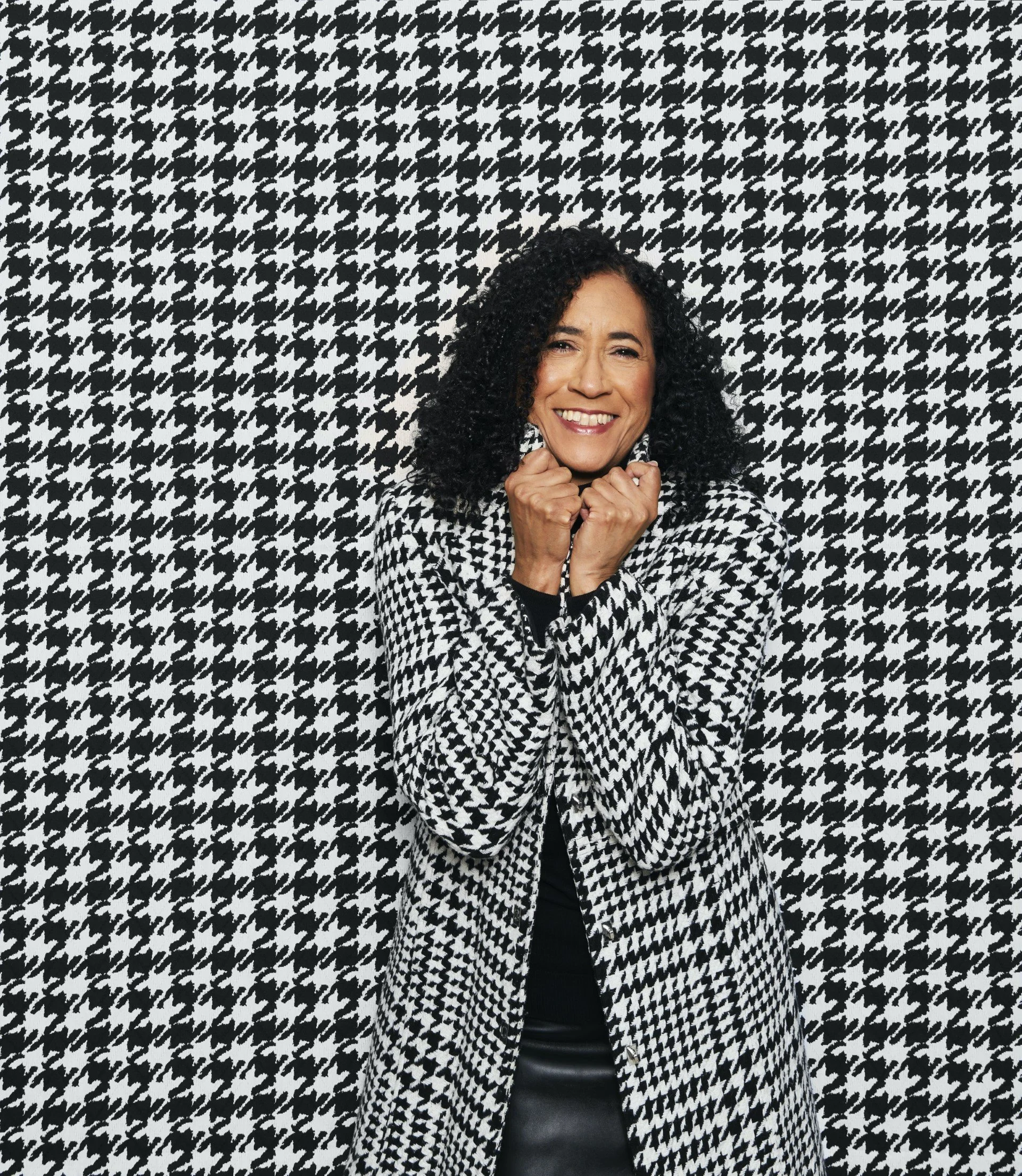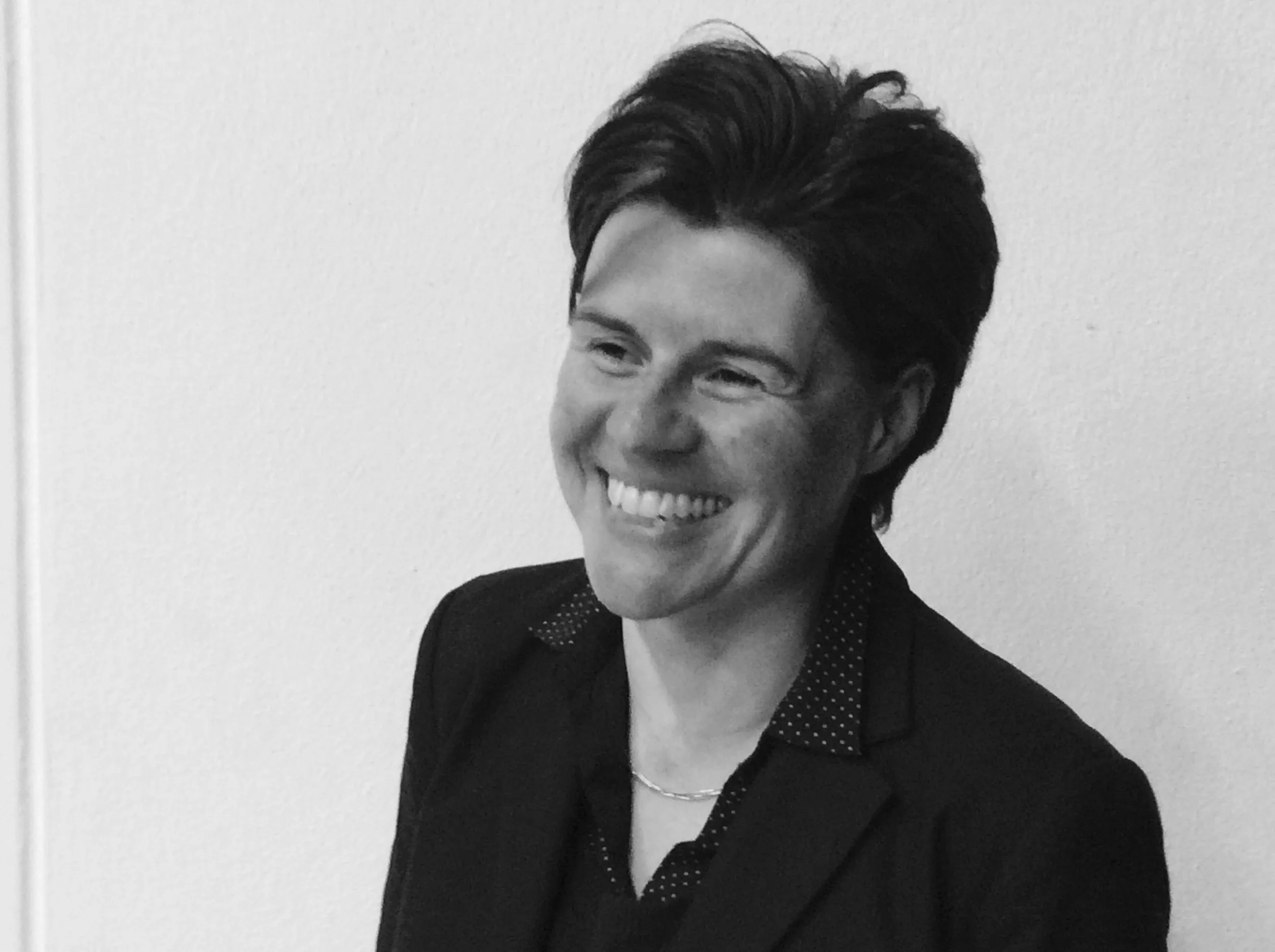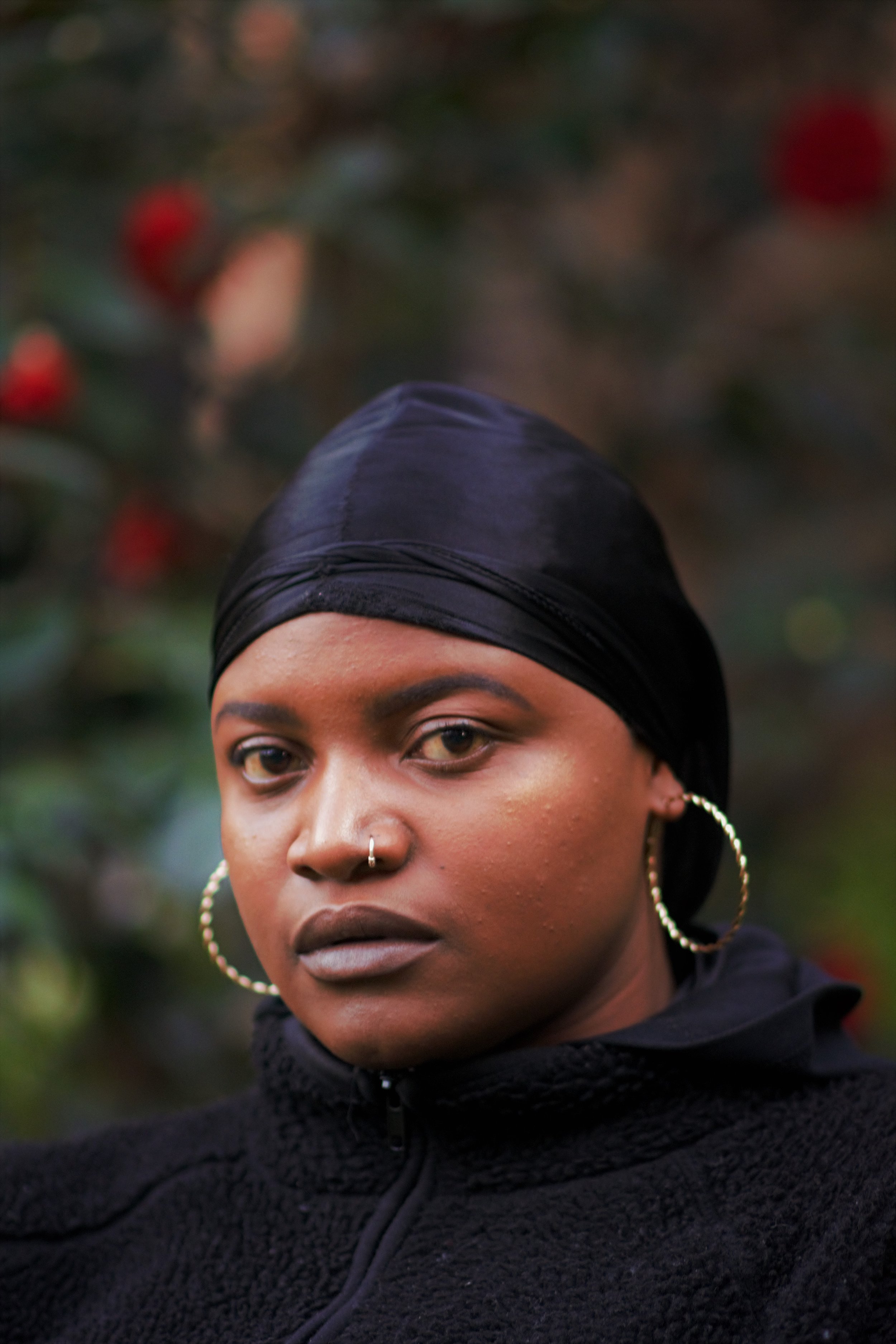Caroline 199: A Pirate’s Tale
6.00-8.00pm, Saturday 8 June 2024 at the Transit Shed,
Exeter Custom House, 46 The Quay, Exeter, EX2 4AN
In this age of countless online and digital radio stations, it’s almost impossible to imagine a time when pop music was rarely on air. But back in the early 1960s, the only station available was the old-fashioned, post-war BBC – until pirate radio burst onto the scene in 1964. Playing pop music 24 hours a day and broadcast from a ship just outside UK waters, Radio Caroline was a musical saviour for generations of British teens, creating celebrity DJs and a culture of rebellion. But by the end of 1990, it was all over… So, what happened?
Come and watch this fascinating Arena film, brilliantly directed by Peter Lydon, and co-produced by Planet Pictures and the BBC, which follows the last devotees of our first pirate radio station. Broadcast in March 1991, Caroline 199 – A Pirate’s Tale is a story of something bright and new outside the mainstream and the huge waves it created.
After the film, listen to Rhoda Dakar, Anthony Wall and Belinda Zhawi in conversation with Jo Loosemore about the film and the reverberations of Radio Caroline, which can still be felt today. The event will also include a new poem inspired by the film by Shazea Quraishi.
‘Caroline (199)’
Your Local Arena Roving Poet in Residence, Shazea Quraishi, wrote this new poem in response to the film. She performed ‘Caroline (199)’ at the screening and panel event at the Heritage Harbour Festival. You can watch her read it here, and read it yourself by clicking below. Scroll down to find out more about Shazea.
Note: This poem is comprised of words from Nina Simone, the Arena documentary, and lines from songs by Ray Charles and the Rolling Stones, which were played in the early days of Radio Caroline.
“[I]t smacked of cheek and excitement […] They were pirates indeed.”
Editor Anthony Wall reflects on Caroline 199: A Pirate’s Tale.
Anthony Wall spent his early years in the east end of London. He studied at King’s College Cambridge. In 1974 he joined BBC radio as a studio manager. The same year he became the rock critic of the Morning Star and was the first journalist to interview Bob Marley for a national newspaper. Wall moved into television in 1978 and soon joined Arena, becoming one of the core directors/producers (1978-85) and then Series Editor from 1985 to 2018. He has won three BAFTAs, with numerous nominations and other awards from all over the world. His project Night and Day – The Arena Time Machine, a 24-hour evocation of a single day in the life of the planet, made entirely from the Arena archive, screened at the 2019 San Francisco Film Festival, where Wall and Arena received the Mel Novikoff Award, one of the festival’s highest honours, for their ‘contribution to cinema’.
In 1964, pop music, as it was then called, was a very different thing to the cornucopia of styles and genres today. Around the edges there was still plenty of the stuff your parents listened to, along with the classic American sounds – ’50s rock ‘n’ roll, folk, country and western, the early days of soul, some ska, some blues – but now the dominant form was coming from the UK. That had never happened before. Leading the way were the new homegrown Beat groups: The Kinks, The Rolling Stones, The Animals among many and, at the pinnacle, The Beatles.
While the music had never been richer, the landscape was bleak for pop music radio. There were hundreds of stations in the USA, pouring out the sound of The British Invasion, here there was the BBC and that was it. It was clear that the people who were running the BBC, highbrow or low, had little or no understanding of this new phenomenon. BBC Radio divided into the solid Home Service, the comfy Light Programme and the intellectually upmarket Third Programme. There were magnificent programmes, brilliant comedy, talks, drama and discussion and, of course, incomparable coverage of classical music on the Third Programme, but when it came to pop things were pretty threadbare. The titles of the main music programmes said it all – ‘Housewives’ Choice’, ‘Music While You Work’, ‘Family Favourites’.
The very structure of BBC Radio couldn’t respond to this new music and its extraordinary success at home and abroad. The few scraps thrown out to the young were hungrily devoured – ‘Saturday Club’ on Saturday mornings, ‘Easy Beat’ on Sunday – but both were presented by the avuncular, smoothly professional Brian Matthew, with the hits that were electrifying the charts often performed lamely by a house band. Every now and again there might be a guest – say The Stones or a great rock ‘n’ roller from America, Gene Vincent or Little Richard – that would be a talking point in school playgrounds all over the country for the rest of the week.
There was of course Radio Luxembourg, transmitting somewhat mysteriously at night from the continent. They played great music, including American records you couldn’t buy here, but a combination of distance and nocturnal meteorology meant the reception was awful. Then bang – along came Radio Caroline playing nothing but pop 24 hours a day with a clear sound and DJs clearly saturated in the new culture, free of the patina of the war that characterised most broadcasters on the BBC. Caroline was the brainchild of Ronan O’Rahilly, a classic swinging ’60s character with a liberal attitude to abiding by the law.
Caroline opened the way for a load of other illegal stations, not all of them offshore. Illegal broadcasting was a serious offence; pirates broadcasting within the territorial limits of the UK would be raided by police at the behest of the Postmaster General. O’Rahilly’s brilliant wheeze of broadcasting from a boat outside the UK’s jurisdiction didn’t just fill the pop music void, it smacked of cheek and excitement much to the taste of Caroline’s young audience. They were pirates indeed.
Directed by Peter Lydon and co-produced in 1991 with Bob Geldof’s new company Planet, Caroline 199 – A Pirate’s Tale tells the story of a rebellion that worked, at least for a while. The Labour government of the ’60s was culturally liberal-minded but strangely needled by Pirate Radio. The Marine & Broadcasting (Offences) Act 14 August 1967 created a criminal offence of supplying music, commentary, advertising, fuel, food water or other assistance except for life-saving to any ship or offshore structure. It was a devastating piece of legislation. Most of the pirate stations folded but Caroline carried on.
However, the effect the pirates had on broadcasting was not over. By September 1967, BBC Radio had been forced into a massive reorganisation into today’s Radios 1, 2, 3 and 4. They poached most of the best pirate DJs. Some of them would go on to be household names – John Peel, Kenny Everett and Tony Blackburn became stalwarts of BBC Radio but would forever be known as ex-pirates. It took the Beeb, a term coined by Everett, the most original of the pirate DJs, ages to adjust. Old style presenters and musicians were still there, given prime time on Radio 1, but gradually it sorted itself out. The licensing of legitimate commercial pop stations followed. Caroline would never again be the go-to station for pop music but it changed the world of pop music forever. So, eventually the pirates were victims of their own ingenuity and success. Their flame burned briefly but unforgettably and, for those few glorious years, pirates ruled the waves.
Anthony Wall, 30 April 2024
Creative Adviser The Arena Archive
Film Director and Series Editor Arena 1978-2018
Biographies
Responding to the film
Rhoda Dakar began her musical career in 1979 as lead vocalist with all-female 2-Tone band, The Bodysnatchers. She went on to record with The Specials, The Special AKA and Madness, along with her solo work. She has seven gold albums and two silver covering these and other recording projects. As a collaborator, Rhoda has worked on singles with the Dub Pistols and The Interrupters, alongside Rancid’s Tim Armstrong. As a respected DJ she has toured with UB40, The Selecter and The Specials. She is also a writer of sleeve notes, most recently for Trojan Records. At the end of May this year, Rhoda released an album called Version Girl on Sunday Best Records. Official chart positions were No.1 on the Indie Breakthrough Chart, No.2 on the Indie Album Chart and No.10 on the Album Sales Chart. In addition, Rhoda is a patron of the Music Venue Trust and a director of Music Venue Properties.
Jo Loosemore Radio maker. History finder. Theatre lover. Jo is a broadcaster, curator and actor. For the BBC, she has created radio dramas, documentaries and live programmes. This has included World War One at Home (in partnership with the Imperial War Museums) for network and local radio, regional tv and online. From Brazil to the Battlefield, the story of Exeter fighting footballers was broadcast on BBC 5 Live, and a series of features appeared on BBC Radio 4 and 4Extra. She also produced the Listening Project’s national tour for BBC Radio 4, BBC Scotland, BBC Wales and BBC local radio in partnership with the British Library, contributing the 1000th conversation to the national collection. Jo curated Mayflower 400: Legend and Legacy – the national commemorative exhibition for 2020/21 at The Box, Plymouth, and was co-curator of Wampum: Stories from the Shells of Native America (national tour) alongside the Wampanoag Nation. She is a Visiting Fellow at the University of Plymouth. https://www.joloosemore.co.uk/
Shazea Quraishi is a Pakistani-born Canadian poet, translator and educator based in London. Her poems have appeared in UK and US publications including The Guardian, The Financial Times, Poetry Review, Modern Poetry in Translation, The Things I Would Tell You: British Muslim Women Write (Saqi Books, 2017), Poetry: A Writer’s Guide and Anthology (Bloomsbury Academic US, 2023) and Mapping the Future: The Complete Works Poets (Bloodaxe Books, 2023). Books include The Glimmer (Bloodaxe Books, 2022), The Taxidermist (Verve Poetry Press, 2020), The Art of Scratching (Bloodaxe Books, 2015) and The Courtesans Reply (flipped eye publishing, 2012). Shazea is a creative writing tutor with the Poetry School and RHACC School of Ideas, and an on-going writer in residence with Living Words, an arts charity that works in creative partnership with marginalised people impacted by a dementia or ongoing mental health concerns. She is also a trustee on the board of English PEN.
Belinda Zhawi (b. Zimbabwe) is a literary & sound artist based in London and Marseille, author of Small Inheritances (ignitionpress, 2018) & experiments with sound/text performance as MA.MOYO. Her literary & sound works have been featured on various platforms including The White Review, Vogue, NTS, Boiler Room & BBC Radio. She’s held residencies with Triangle-Asterides, France; Cove Park, Scotland; Serpentine Galleries and ICA London and is currently a Brixton House Associate Artist 2022-24. Belinda’s the co-founder of literary arts platform, BORN::FREE. She is working on her first full poetry collection. photo credit: Theo Ndlovu
Anthony Wall: see above







